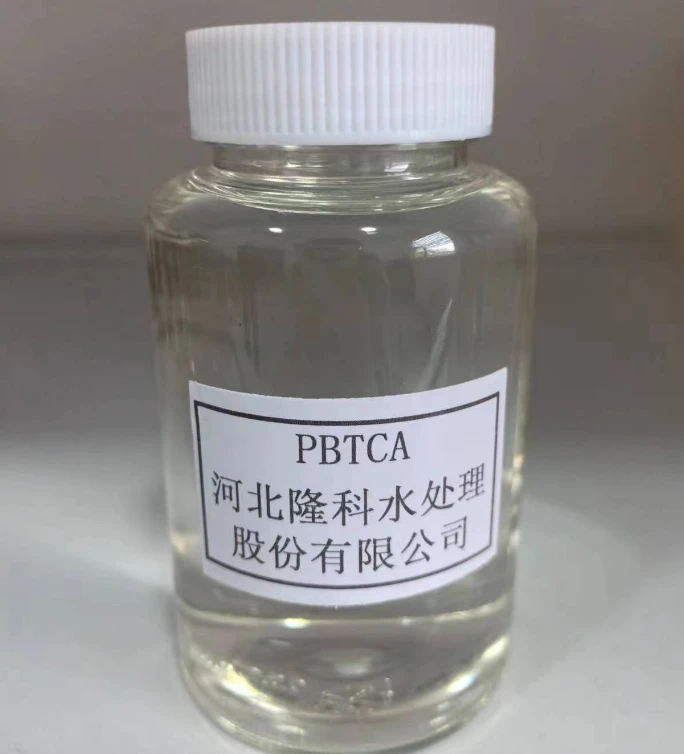Flocculation Chemicals for Water Treatment and Environmental Applications
Flocculation Chemicals Principles and Applications in Water Treatment
Flocculation is a crucial process in the field of water treatment and environmental management, aimed at aggregating fine particles into larger clusters called flocs. These flocs can then be more easily removed from water through settling or filtration. The effectiveness of this process largely depends on the use of flocculation chemicals, which play an essential role in various industrial and municipal applications.
Understanding Flocculation
Flocculation is distinct from coagulation, although the two processes are often mentioned together. Coagulation involves the neutralization of electrical charges on particle surfaces, leading to the formation of small aggregates. Flocculation follows coagulation and involves the growth of these aggregates into larger flocs through gentle mixing. This combination ensures that suspended particles, colloids, and even microorganisms can be efficiently removed, thus clarifying water.
Types of Flocculation Chemicals
Flocculation chemicals can be broadly categorized into various types based on their chemical composition and mechanism of action
1. Inorganic Coagulants Commonly used in water treatment, these include aluminum sulfate (alum), ferric chloride, and polyaluminum chloride. They work effectively in neutralizing charges on particles, promoting the aggregation necessary for floc formation.
2. Organic Polymers These are high molecular weight organic compounds that can function as coagulants and flocculants. They are classified into cationic, anionic, and nonionic types, depending on their charge. Cationic polymers are often effective in water treatment due to their ability to neutralize negatively charged particles.
3. Natural Coagulants Derived from plant and animal sources, such as Moringa oleifera seeds and chitosan, natural coagulants are gaining popularity due to their eco-friendly nature. They are effective in low concentrations and can be sustainable alternatives to synthetic chemicals.
Applications of Flocculation Chemicals
flocculation chemicals

Flocculation chemicals have a wide range of applications, particularly in the following areas
1. Municipal Water Treatment The primary application is in the purification of drinking water. Flocculation chemicals are used to reduce turbidity, eliminate pathogens, and remove dissolved organic matter, ensuring that the water is safe for consumption.
2. Wastewater Treatment In various industrial processes, wastewater contains suspended solids, heavy metals, and organic pollutants that need to be removed before discharge. Flocculation chemicals help to aggregate these contaminants, allowing for more effective sedimentation and filtration.
3. Mining and Mineral Processing In the mining industry, flocculation chemicals are used to separate valuable minerals from the ore. By facilitating the aggregation of fine particles, these chemicals enhance the recovery rates of minerals and reduce waste.
4. Paper and Pulp Industry The production of paper involves a significant amount of water and the presence of fine fibers and fillers. Flocculation chemicals help in the dewatering process and improve the quality of the final product by enhancing the retention of fibers.
5. Agriculture In agricultural practices, flocculation chemicals are sometimes used to enhance soil structure, promoting better water retention and nutrient availability.
Conclusion
As water scarcity becomes a global concern, the importance of effective water treatment processes like flocculation cannot be overstated. The use of flocculation chemicals is indispensable for improving water quality, ensuring safety, and enabling the sustainable management of water resources. Advances in chemical formulations, coupled with a growing emphasis on environmentally friendly practices, will likely shape the future of flocculation technologies. Continued research and development in this field are essential for addressing the impending challenges of water management in diverse industries and communities worldwide.
In summary, flocculation chemicals stand at the forefront of modern water treatment methodologies, offering efficient and effective solutions for a cleaner, safer, and more sustainable future.
-
LK-319 Special Scale And Corrosion Inhibitor For Steel Plants: Advanced Solutions for Industrial Water SystemsNewsAug.22,2025
-
Flocculant Water Treatment: Essential Chemical Solutions for Purification ProcessesNewsAug.22,2025
-
Isothiazolinones: Versatile Microbial Control Agents for Industrial and Consumer ApplicationsNewsAug.22,2025
-
Scale Inhibitor: Key Solutions for Water System Scale PreventionNewsAug.22,2025
-
Organophosphonates: Versatile Scale Inhibitors for Industrial Water SystemsNewsAug.22,2025
-
Scale and Corrosion Inhibitor: Essential Chemical Solutions for Water System MaintenanceNewsAug.22,2025





